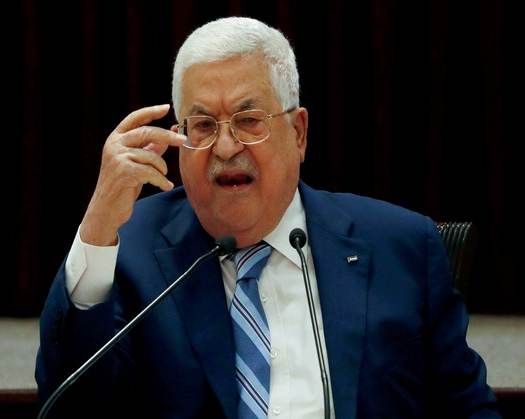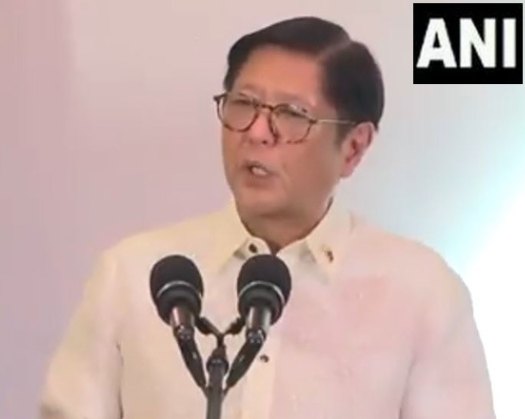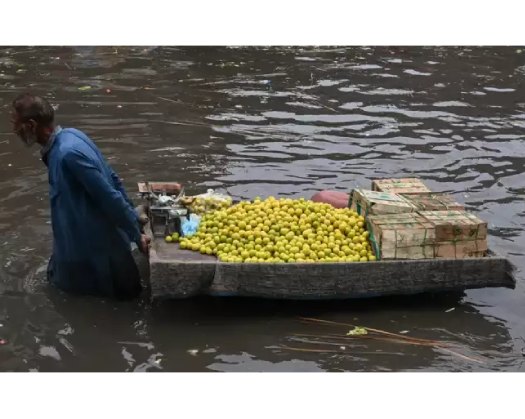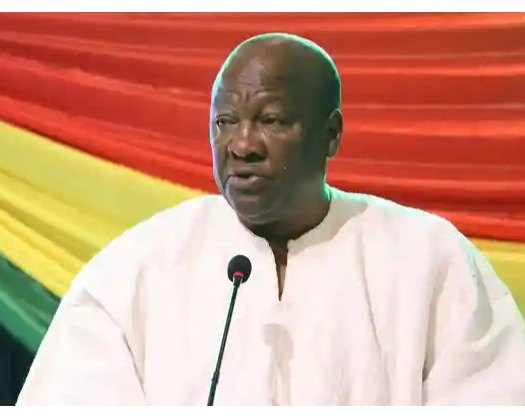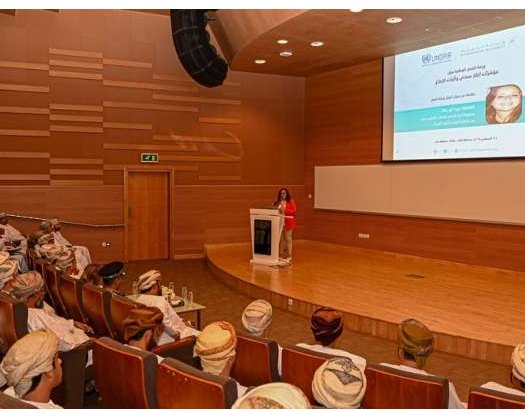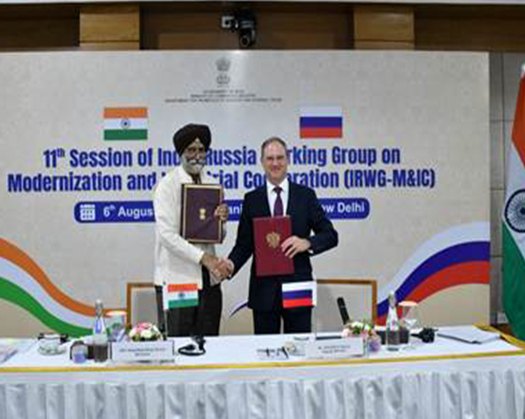Ramallah: In the wake of the tragic terrorist incident in Pahalgam, Palestinian President Mahmoud Abbas conveyed his deep condolences and condemnation regarding the "despicable act" that resulted in the loss of many lives among civilians. Abbas reiterated Palestine's commitment to supporting India's quest for security and stability.
In a correspondence sent to Prime Minister Narendra Modi, Abbas expressed, "We have grieved as we learned about the unfortunate event that resulted in the deaths and injuries of several innocent tourists due to a brutal shooting in Jammu and Kashmir. "
"We categorically denounce this barbaric act and reaffirm our backing for India in safeguarding its security and stability. Our sincere condolences go to Your Excellency, your friendly nationals, and the bereaved families," the correspondence read.
The President of Palestine also expressed hopes for a swift recovery for those injured in the act of terror and extended prayers for the welfare of India and its citizens.
"We wish for mercy and tranquility for those who have passed, a fast recovery for those hurt, and ongoing prosperity and happiness for India and its people. Kindly accept, Your Excellency, our heartfelt sympathies," the letter concluded.
In response to the terror attack, the Central government instituted a range of diplomatic actions, including the closure of the Integrated Check Post (ICP) at Attari, the suspension of the SAARC Visa Exemption Scheme (SVES) for Pakistani citizens, granting them 40 hours to leave India, and reducing staff levels in the High Commissions of both nations.
Moreover, India suspended the Indus Waters Treaty established in 1960 following the incident in Pahalgam. On April 22, terrorists targeted tourists in the Baisaran meadow, resulting in 25 Indian deaths and one Nepali casualty, in addition to several individuals being injured.
The Indus Waters Treaty, signed in 1960 after nine years of negotiations facilitated by the World Bank, has survived numerous challenges and conflicts. It has been recognized as one of the most effective international treaties, providing a framework for irrigation and hydropower projects for over half a century.
This Treaty designates the Western Rivers (Indus, Jhelum, Chenab) to Pakistan while the Eastern Rivers (Ravi, Beas, Sutlej) are allocated to India. Concurrently, the Treaty permits both nations certain uses of the rivers designated for the other. Ultimately, the arrangement allocates 20 percent of the Indus River System's water to India, leaving 80 percent for Pakistan.

